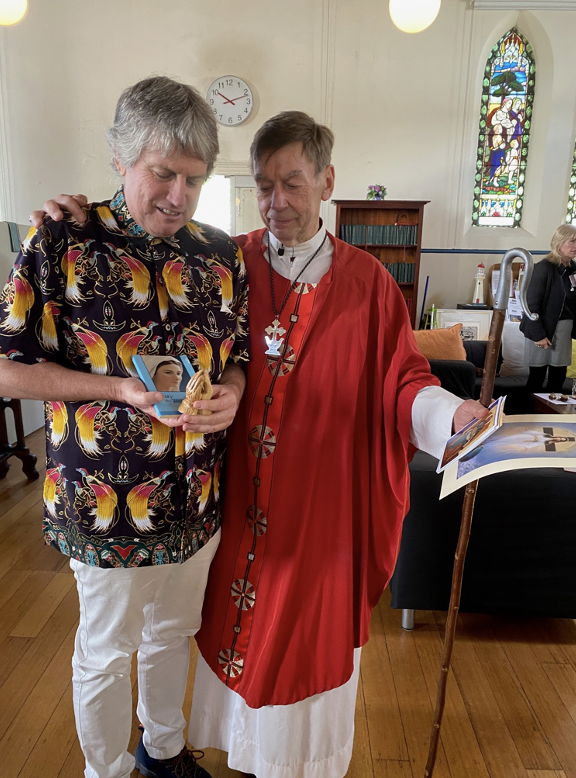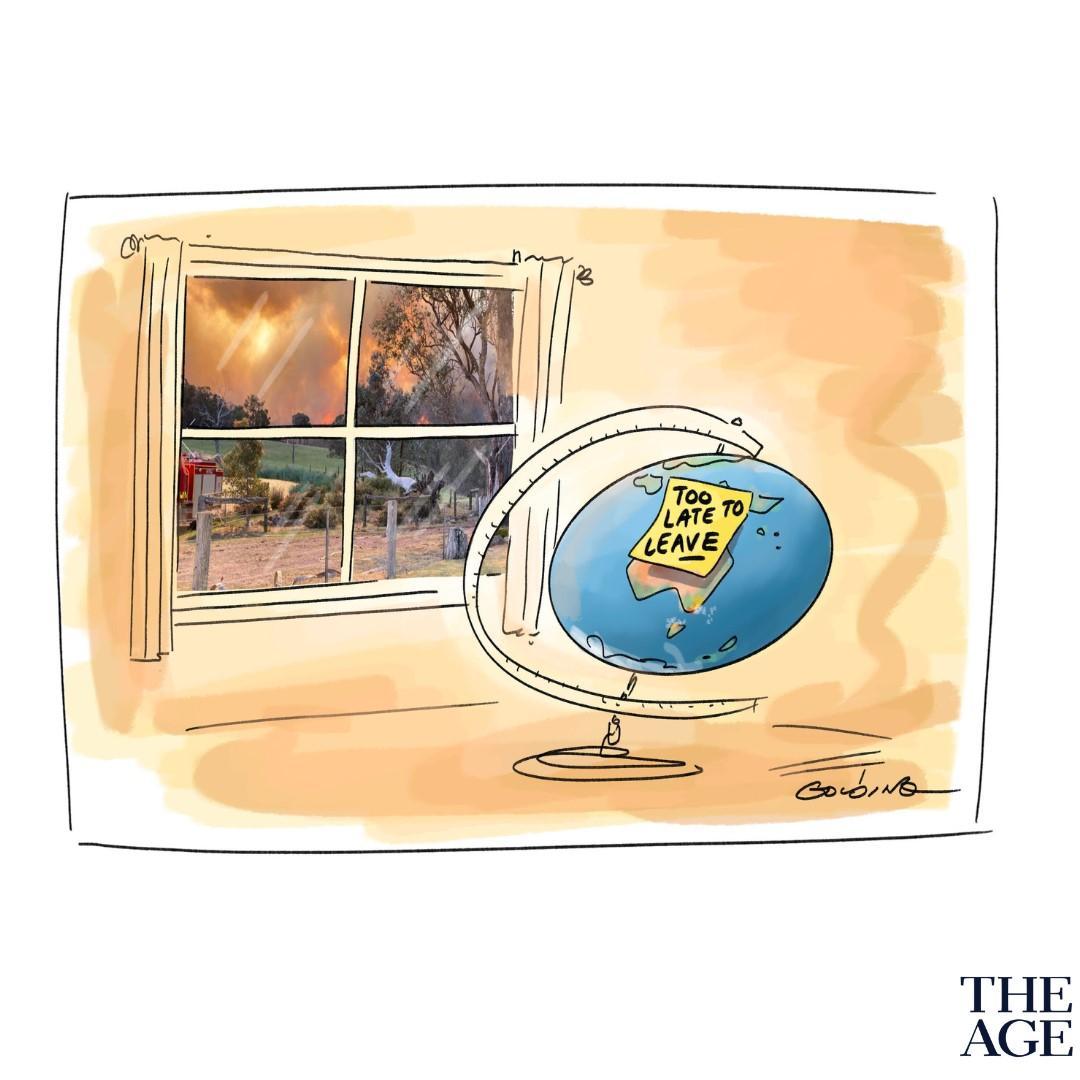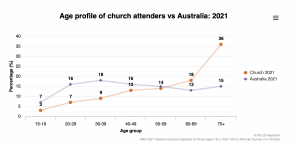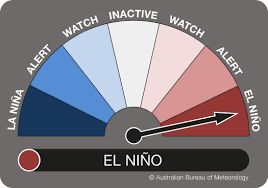RESPONDING TO ALL THIS NEWS OF VIOLENCE
by Bishop Philip Huggins
I am in a global meditation group that meets online in our different time zones. In recent weeks, inevitably, our discussion afterwards has involved the sufferings in Israel, Gaza/Palestine.
Here are three reflections.
Firstly, one older dear man in France speaks of the anguish of the daily news. His response has been to breathe this in but then breathe out loving kindness towards those he sees.
This might not sound much but it is the fruit of his spiritual practice, and it is what he can offer.
A second reflection….
The yearning for peace is vivid. Our experience is that, as we meditate and pray, we do become the peace we seek.
This experience also amplifies how diminished we all feel by what has happened.
Any human failure to be truly human-loving and trusting – diminishes us all.
Seeing this and feeling this, we know our task is to not be part of this diminishing ourselves by letting hate, fear, anger and violence seep into our being.
Our task is to help with the healing. Hence, we have been encouraging folk to just gather to meditate and pray on the basis of local friendships .
Friendships, that is, which have been shaped through prior cooperation to nurture multi faith harmony.
Here in Australia, we are trying to do this during the coming week.
https://meditationaustralia.org.au/peace-building-blog/
A model for inclusive, local gatherings was given by what we did together in St Paul’s Cathedral Melbourne on 20 October.

It’s simple enough. Some wordless music, times of silence for folk to offer their prayers and meditations candles to light, a water bowl in which to place flowers… Quiet conversation thereafter, perhaps some clarity on next steps.
Work on reconciliation teaches one that you have to begin again with what nurtures reconnection. In time, you will have to get to the tough issues; the hurts and the disappointments.
But, if you try to start there, soon people may just be shouting at each other angrily. Perhaps even responding with more violence.
Here, I have many memories of beautiful times together as Australians of Jewish, Muslim and Christian faith. Through our JCMA, there were even times of pilgrimage together as Australians to the holy places of the ‘holy land’.
https://jcma.org.au/
There are these bonds we share that need to be gently rekindled. Separate rallies and strong statements are understandable now, given the hurt and anger but …
Thirdly, this is not to understate what lies ahead in terms of the healing work.
As one cameo, I listened last Friday in our meditation group to a woman, let’s call her “Margaret”. She now teaches meditation in schools and prisons. She has come to this better place after terrible years. In self deprecating fashion, Margaret talked of how she was sailing along in a settled life with a carefully crafted sense of self. Then a loved one died unexpectedly. She was utterly unprepared for this. Her sense of self and her trust in life disintegrated.
Grief-stricken, she didn’t want to do anything. She was just angry and sad. Time went by. Then along came opportunities to decide whether to love again.
Whatever theological frame we place on this life energy, these opportunities did come and eventually she tried to resolve to go beyond her disillusionment and grief.
One thing led to another and so now we were listening to her wonderful meditation work with bewildered kids, prisoners afflicted with addictions and with refugee folk. She who had been bereft of hope is now giving hope.
“There is no hope without risk.”
(Zoughbi Al-Zoughbi)
As we listened to this one journey after intense grief, we couldn’t help but think of all those bereaved now in Israel and Gaza/ Palestine…and Russia/Ukraine…Myanmar…Sudan and South Sudan…and…
All those who have died violently and unprepared. All those left behind who are full of intense grief.
In this global work of healing, what can keep us going is the kindness and decency of ordinary people, everywhere.
And so to one last story.
On Sunday we had at Church, Ned who is the brother of a parishioner and had literally just arrived from Bethlehem.
He had been in Bethlehem, praying at the Church of the Nativity and with the Sisters of Charity. He had expected to be there for a long time.
His daily journey included the little shops where he bought his fruit and his yoghurt for daily life.
These simple interactions created understated friendships, the bond of our common humanity.
But then the suffering began and he had calls from the wonderful DFAT staff in Ramallah regarding flights home. Cutting a long story short, those seemingly incidental friendships of daily life led to a connection and a car drive down the Bedouin and the goat tracks that the driver had learned as a boy from his grandpa. Somehow Ned made it from the West Bank to Tel Aviv airport in Israel and to the flight home. After Church I gave him a carving of praying hands, made from the olive trees of Bethlehem.

If there hadn’t been those simple kindnesses of daily life, those interactions with shopkeepers, he wouldn’t have made the connections that then brought him home.
There is a saying of Walter Wink:
Hope imagines the future and then acts as if that future is irresistible.
That’s hard for those caught up in the suffering and grief. Those of us in safer places can at least try.
There is a “Just walk to Jerusalem Liturgy” which begins:
Another world is not only possible, she is on her way.
On a quiet day, I can hear her breathing.
Like my dear friend in France, in our quiet moments, we can help with the breathing.







